Landmark child welfare suit targets North Carolina after USA TODAY Network investigation
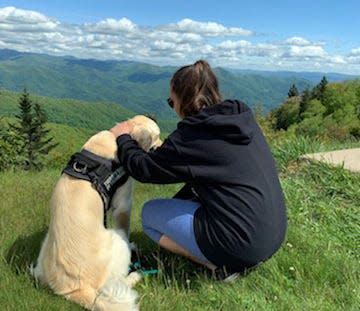
Crystal Klunk’s daughter suffers inside one of North Carolina’s psychiatric residential treatment facilities — a place that resembles solitary prison confinement more than a care facility meant to help kids with mental health issues, the mom says.
Spotty supervision, sporadic treatment and only occasional schooling have been part of the girl's experience, Klunk said. They have not seen their daughter, who first tried to kill herself at age 10, in months. The staff at their daughter Alexis’ center reportedly has not updated Klunk on the teen's status.
“She needs to be in a place that is able to keep eyes on her and needs to know what's going on, and they don't,” said the mother from Canton, North Carolina. “That's consistent with any PRTF. I can't tell you that any PRTF has been good, because if they were, our kid wouldn’t still be in one.”
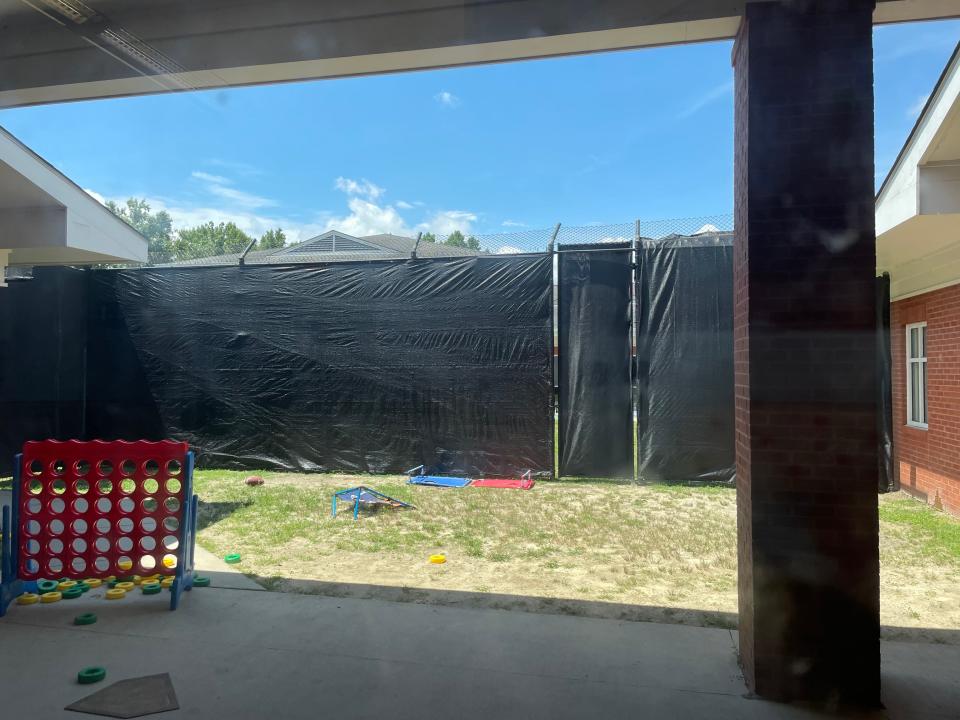
A six-month investigation in 2021 by North Carolina and Virginia journalists in the USA TODAY Network featured Klunk and other families, plus shocking details of neglect and abuse inside these locked centers. Now, citing the "Locked Away" reporting series, a potentially landmark class-action lawsuit has been filed in federal court against the state of North Carolina.
The lawsuit aims to reduce North Carolina’s focus on these institutions and to shift many children to more appropriate support services based in their home communities. The Middle District Court filing by Disability Rights North Carolina, the state NAACP and children themselves cites gruesome allegations of kids subjected to physical, psychological and sexual abuse at these psychiatric centers — reports that were brought to light in the multi-part Locked Away investigation.
Plaintiffs claim there is a systemic effort by North Carolina health and human services officials to warehouse foster children with mental health disabilities in these locked wards. The state's decisions have failed vulnerable children and wasted taxpayer money on what is a punishing and expensive system of centers, the filing says.
The plaintiffs, which include four children and their guardians, want North Carolina to provide adequate and appropriate services in the community for foster kids who need mental health care. It will take an investment in a web of services at multiple stages of a kid's mental health journey — and could be financed in part with ample dollars the state is currently sending to PRTFs.
Tuesday afternoon’s lawsuit alleges children inside PRTFs are confined to prison-like settings "under the care of a poorly trained and understaffed workforce, where they are subject to broken bones, sprains, bruises, and dangerous physical and chemical restraints; withstand sexual and physical abuse, bullying, and hate speech by both youth and staff; and face mental health deterioration and cocktails of strong psychotropic medications."
“DHHS is failing hundreds of children with disabilities in foster care, warehousing them in dangerous, expensive, damaging institutions,” said Virginia Knowlton Marcus, chief executive officer of Disability Rights North Carolina. “These children deserve and have the right to a family and place in our communities where they can meet their full potential. Instead, they receive institutionalization and irreparable harm to their childhood and wellbeing.”
The state Department of Health and Human Services said it is reviewing the suit, but that beyond this filing, North Carolina government is aware it needs to improve help for these children with complex mental health issues. The head of DHHS is the named defendant in the lawsuit, representing the state.
An emailed response from DHHS said it was undertaking a few planning steps and making a new division in the department. Also, it listed some future needed action, from the state's perspective:
"More quality placement options for children with complex behavioral health needs. The number of kinship and foster families, acute care options, and high-quality, therapeutic residential facility placements is not enough to meet demand."
"Access to quality community-based crisis, treatment, and prevention services in all 100 counties."
"More staff and better pay for workers who serve these children via local and state DSS agencies, service providers, and facilities."
Locked away investigation:Punching, predators, neglect: Kids suffer inside dismal North Carolina psychiatric centers
Failing children:Psychiatric centers fail many children. North Carolina keeps spending gobs of money on them.
Lawsuit targets horrifying reports of abuse in state system
The new lawsuit alleges state officials are aware of the dangers children face inside these centers, yet they’ve more than doubled North Carolina’s use of the facilities since 2010.
At one PRTF in Brunswick County, Carolina Dunes Behavioral Health, a 12-year-old boy had his wrist fractured during an encounter when the staffer forced the child up against a door. The facility didn’t report the child’s injury initially. The boy only was taken to the hospital after four days had passed, according to investigative reports.
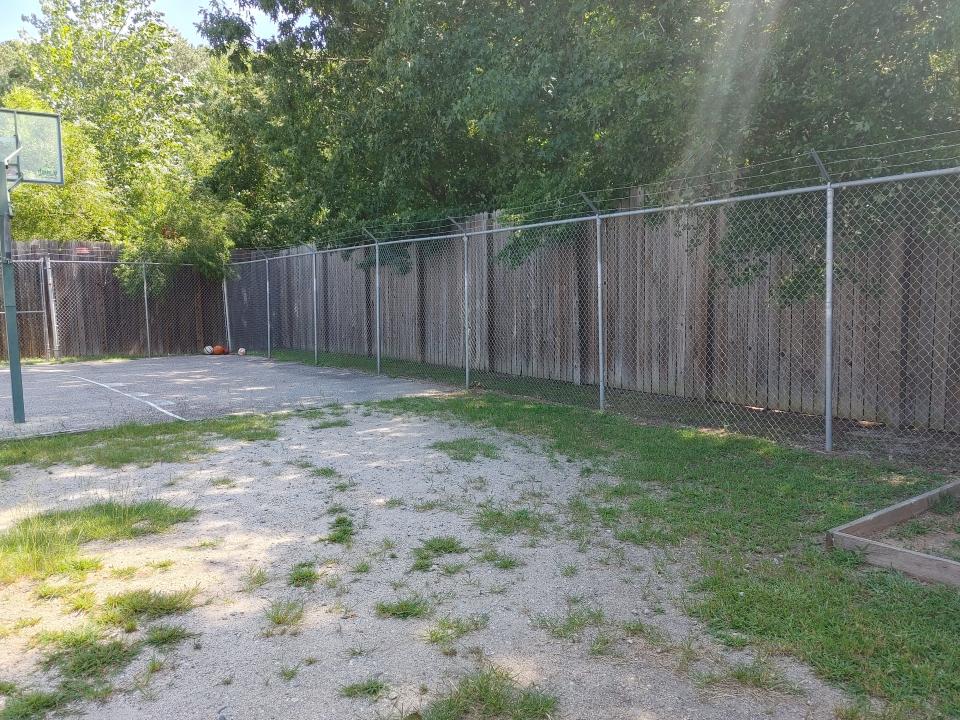
A child at another PRTF threw milk, provoking a staff member to throw it back and take away the child’s food as punishment for her behavior, according to allegations in the lawsuit. The confrontation upset the child, and the staff dealt with that dangerously. “The staff pulled the child’s head down by her braids and shoved her face into a pillow, even though this type of life-threatening prone restraint was forbidden by DHHS over ten years ago,” according to the lawsuit.
As of November 2021, more than 500 children involved in the state’s child welfare system had been placed in a PRTF during the previous 12 months, according to the lawsuit.
PRTFs are designed to provide intensive, temporary treatment of a child’s mental health. However, the state of North Carolina uses the facilities “as a long-term ‘place to live,’” where children stay for extended periods of time.
In the case of the Klunks' daughter, Alexis, she first went to a PRTF in 2015.
The Klunks took Alexis in as a therapeutic foster child when she was 3. At 6, they adopted her. Klunk and her husband had no plans of adopting a child, but when they met Alexis, it felt as though she belonged in the family.
She’s bounced around PRTFs both in North Carolina and elsewhere consistently since 2019. Alexis is still at a center, which says it works tirelessly to ensure all children are healthy and that families are thriving.
Alexis would not be eligible for the class-action because she was adopted by the family and is not in state custody, but her story was one that helped USA TODAY Network bring realities of these psychiatric centers to light.
The USA TODAY Network's North Carolina newsrooms also reached out in 2021 to competitor McClatchy newspapers in Charlotte and Raleigh so that the series could support even more statewide reporting. Those newsrooms advanced the reporting on PRTFs in 2021 with added local interviews and storytelling. News outlets have continued to follow the statewide health crisis first fully documented by Locked Away and its reporting team featuring veteran investigator Fred Clasen-Kelly.
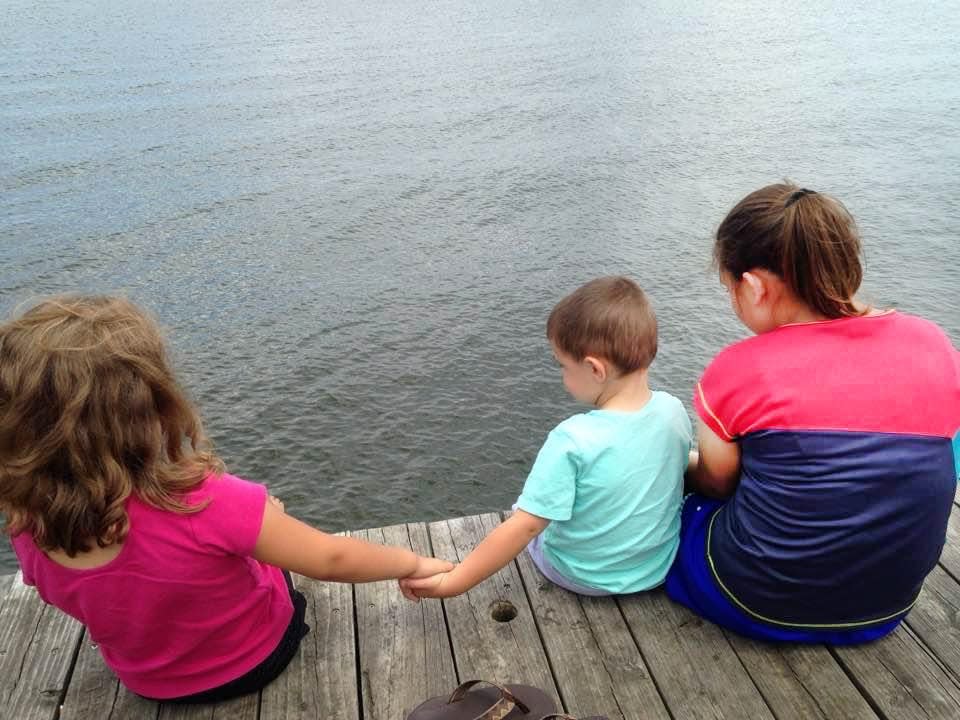
We contacted an expert not associated with the class-action lawsuit for context about these types of legal filings.
Jessica Feierman, senior managing director of the Juvenile Law Center, said similar litigation can help force an issue and prevent harm that is happening. “Young people tend to have a really hard time having their voices heard, and they’re uniquely vulnerable when they’re placed under state custody,” she said.
“The law can play a really important role in discovering what's happening to young people behind closed doors, lifting up their voices and having them heard, and of course creating legal protections to protect their rights."
Feierman said it takes more than a court action to fashion a successful environment — it's a community decision about caring for children.
“In the justice system and the child welfare system, what we see is that having young people in large locked facilities is a failed model, and what they really need is comprehensive supports in their homes and communities," she said.
'Locked Away' investigation cited in lawsuit
Using dozens of expert interviews, an extensive review of investigative reports and discussions with survivors and families, the USA TODAY Network' s Locked Away series highlighted a flawed system of public care that repeatedly fails children.
The investigation revealed that North Carolina spends more than $100 million each year to send children to psychiatric residential treatment facilities with no proof that these centers work.
The investigation found that center workers used physical restraints, seclusion and other inventions hundreds of times, despite experts saying those tactics should be used sparingly to avoid traumatizing children. In some cases, PRTF staff used methods that were banned, or used chemical interventions that DHHS staff admitted it didn’t monitor.
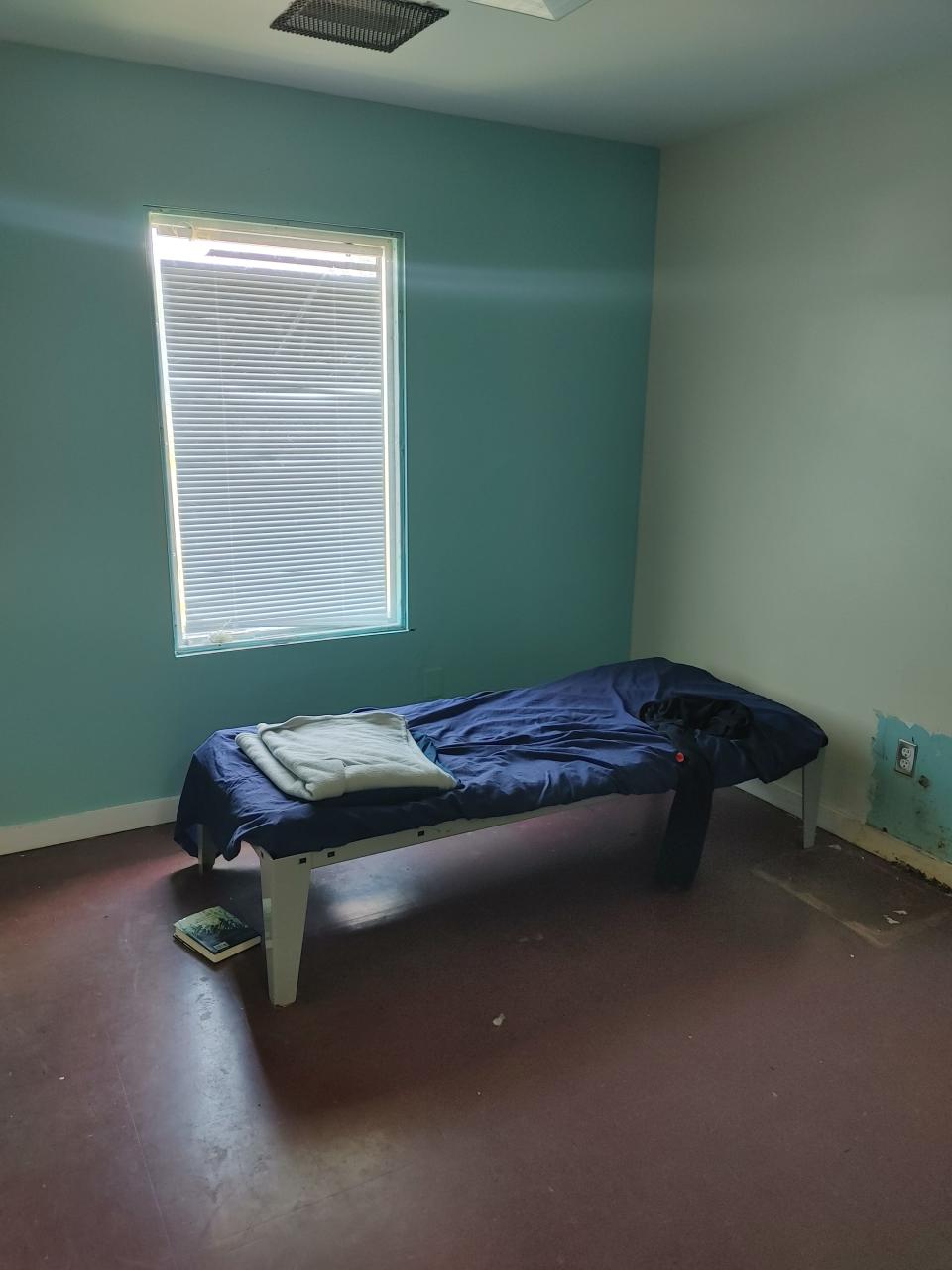
The Locked Away investigation also discovered children spent 184 days in PRTFs on average, more than twice the stated goal, and that at least 227 kids were sent to facilities in other states, including centers with histories of alleged abuse and/or mistreatment.
“It feels like they get these kids in there, and instead of providing treatment, they're just housing kids,” Klunk said. “That's not what these children need. They don't need to be in housing. They need treatment.”
The class-action lawsuit cites the USA TODAY Network's work uncovering the conditions inside these psychiatric facilities. The lawsuit cites the Network’s investigative coverage multiple times, including an admission by one North Carolina child welfare administrator that children are unnecessarily placed in PRTFs largely because there’s a lack of available family-care settings.
Researchers told the Locked Away investigative team that children should be put in psychiatric residential treatment facilities only as a last resort because of the trauma these centers can cause. Children of color make up more than 40% of the kids on Medicaid sent to PRTFs.
"Black and brown foster children in North Carolina are in extreme crisis," said William Ramsey, an investigative editor with the USA TODAY Network-Atlantic who led the series with Clasen-Kelly. "We uncovered a shocking level of abuse, disregard and lack of care for kids being sent into locked psychiatric homes. We also found that the state of North Carolina was sending foster kids with no need for such care to these troubled facilities simply for lack of a bed elsewhere."
Ramsey said the class-action lawsuit, if successful in the end, could mean extraordinary potential betterment in the lives of many North Carolina children who are already coming from tough circumstances.
"Citizens of this state have been mostly unaware or inattentive to the generational harm that is being done to children from places like Charlotte, Raleigh, Wilmington and also very small mountain towns far from urban areas," he said. "It's possible that this advocacy by Disability Rights and the NAACP will move the court to change the whole system."
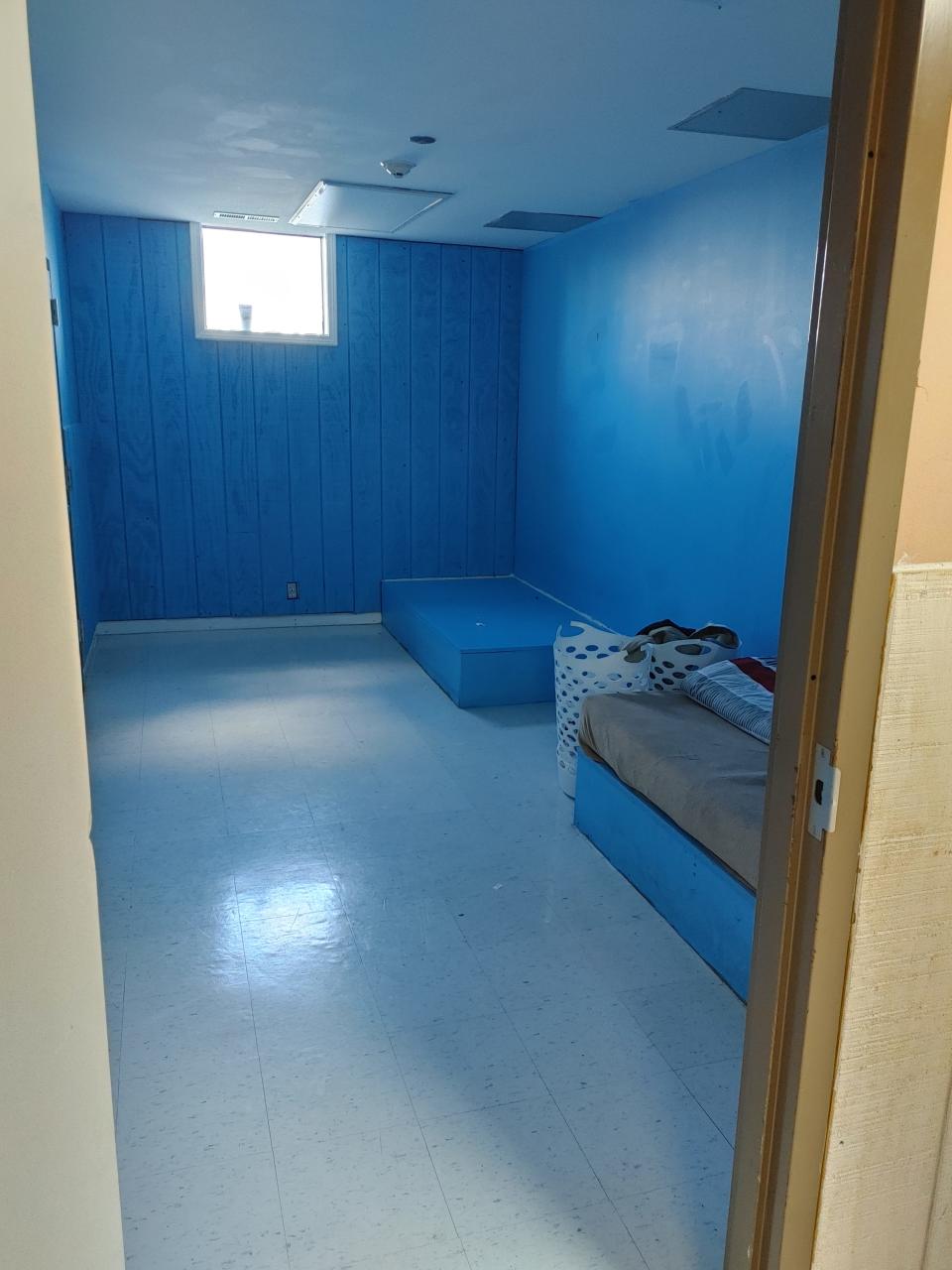
This article originally appeared on Wilmington StarNews: Lawsuit filed after abuse of NC foster kids detailed in news report

